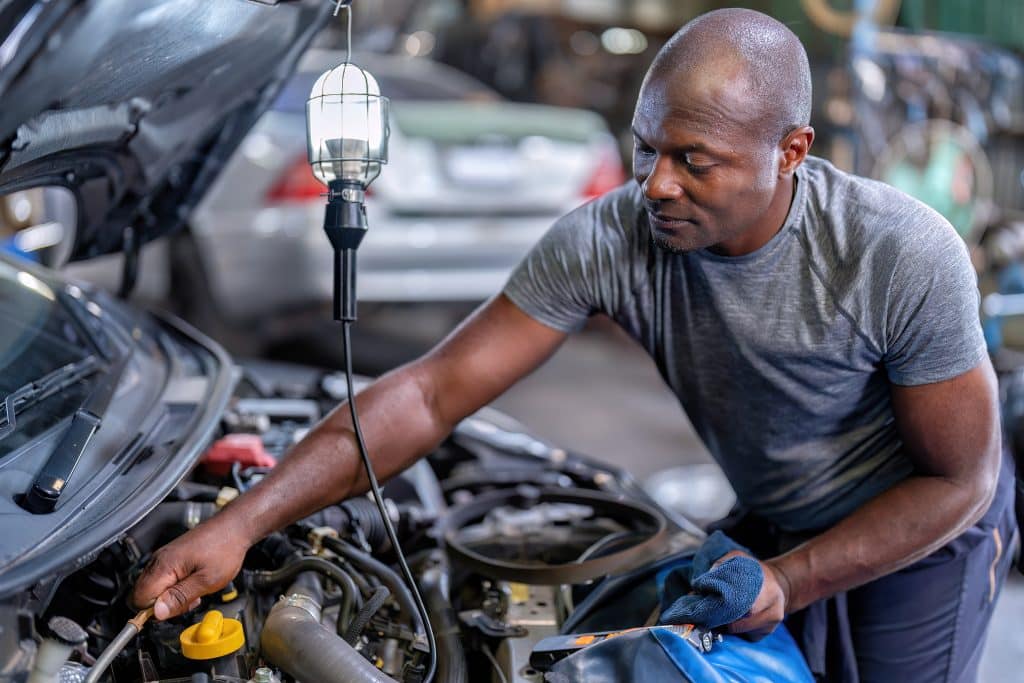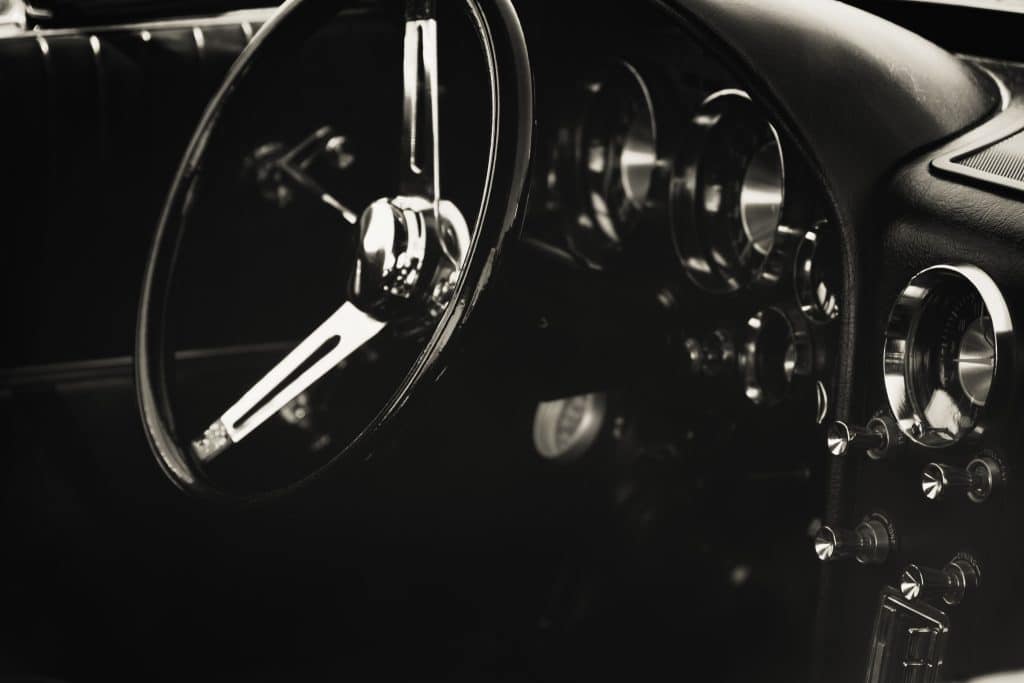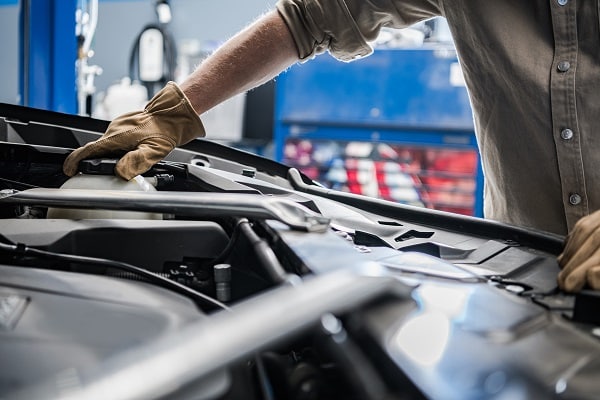Engine swaps have long been a topic of interest and debate among car enthusiasts. In the quest for improved performance, increased fuel efficiency, or simply to breathe new life into a cherished vehicle, the idea of replacing an existing engine with a more powerful or efficient one has become increasingly popular. However, engine swaps are a complex, intricate process that requires an extensive amount of research, knowledge, and experience in order to be done correctly. If you are wondering if this is right for you, this article explores the pros and cons of engine swaps, helping you decide whether it’s worth taking the plunge.
Contents
- 1 Understanding Engine Swaps
- 2 The Pros Of Engine Swaps
- 3 Performance Enhancement
- 4 Improved Fuel Efficiency
- 5 Increased Reliability
- 6 Customization
- 7 Higher Resale Value
- 8 The Cons Of Engine Swaps
- 9 High Costs
- 10 Legal Issues
- 11 Compatibility Issues
- 12 Balancing the Pros and Cons: Making the Right Decision
- 13 Is An Engine Swap Right For You?
Understanding Engine Swaps

An engine swap refers to the process of removing a vehicle’s existing engine and replacing it with a different one. This can involve anything from a simple replacement with a factory-spec engine to a complex transplant involving a high-performance or custom-built engine from an entirely different make or model. The process can be labor-intensive and may require significant modifications to the vehicle’s framework, wiring, and other components to ensure a successful swap.
It is important to understand that while engine swaps can offer improved performance, they are not always the best solution. An engine swap may require an extensive amount of time and money, and if done incorrectly, it could lead to further problems down the line. It is essential to weigh all options carefully before committing to an engine swap.
The Pros Of Engine Swaps
If you are considering an engine swap, the first thing you will want to consider is all of the potential benefits. While it may not be the right choice for everyone, there are several advantages to be gained from the process:
Performance Enhancement

One of the most appealing aspects of engine swaps is the potential for significant performance enhancement. By replacing the existing engine with a more powerful one, drivers can experience increased speed, power, and responsiveness. This can transform the driving experience, making it more exhilarating and enjoyable. Additionally, swapping to a high-performance engine can improve the vehicle’s ability to handle demanding driving conditions, such as off-roading or track racing.
Improved Fuel Efficiency

Engine swaps can also lead to improved fuel efficiency, particularly when the swap involves replacing an older, less efficient engine with a newer, more fuel-efficient one. Modern engines are designed with fuel economy in mind, utilizing advanced technologies like direct fuel injection, variable valve timing, and turbocharging. By upgrading to a more efficient engine, drivers can enjoy the benefits of increased fuel efficiency without sacrificing performance.
Increased Reliability

Having a reliable engine is essential for any vehicle. Engine swaps can provide increased reliability by replacing an older or worn-out engine with a newer, better-maintained one. This can help to minimize the risk of breakdowns and costly repairs in the future. It can also improve the overall lifespan of the vehicle by providing a dependable power source.
Customization

Customization is another major advantage of engine swaps. Car enthusiasts often have a specific vision for their vehicle, and an engine swap provides an opportunity to create a unique ride that meets their needs and preferences, from swapping a factory-spec engine for a high-performance variant to combining different makes and models, creating a one-of-a-kind vehicle that stands out from the crowd.
Higher Resale Value

Finally, engine swaps can be a great way to improve a vehicle’s resale value. By replacing an outdated or worn-out engine with a newer, higher-performing one, drivers can dramatically increase the market value of their cars. This can be especially true for high-performance engines, which are highly sought after by car enthusiasts and collectors.
The Cons Of Engine Swaps
Despite the numerous benefits of engine swaps, there are also some notable drawbacks to consider. The following are just a few of the challenges that can arise when undertaking an engine swap project.
High Costs

The costs associated with engine swaps can be significant, especially if the project involves a high-performance or custom-built engine. In addition to the cost of the new engine, there are labor costs to consider. A successful engine swap often requires the expertise of skilled mechanics and technicians, who can charge a premium for their services. Furthermore, you may incur additional costs for required modifications and adjustments to the vehicle’s framework, wiring, and other components to accommodate the new engine.
Legal Issues

Legal issues can also arise with engine swaps. Different jurisdictions have various emissions regulations and safety standards that vehicles must adhere to. In some cases, swapping an engine can result in a vehicle that no longer meets these standards. Failure to comply with these regulations can lead to fines or even the vehicle being deemed illegal to drive on public roads. Researching local laws and regulations before proceeding with an engine swap is crucial.
Compatibility Issues

Compatibility issues can be a significant obstacle in engine swaps. Not all engines will fit neatly into the existing space in a vehicle’s engine bay. This might necessitate extensive modifications to the vehicle’s framework, which can be costly and time-consuming. Additionally, the new engine may not be compatible with the existing transmission, requiring a transmission swap as well. Electrical system compatibility is another concern. The vehicle’s electronic control unit (ECU) might not communicate effectively with the new engine, leading to performance issues and error messages.
Balancing the Pros and Cons: Making the Right Decision

Deciding to undergo an engine swap should be a decision made after carefully weighing the pros and cons. It’s a significant undertaking that requires substantial financial investment and thorough planning. It’s essential to consult with a professional, do thorough research, consider the vehicle’s overall condition, and set a realistic budget.
Understanding the specifics of the swap is critical. This includes knowing the compatibility of the new engine with the vehicle, understanding the required modifications, and having a clear idea of the expected performance outcomes. Misjudging any of these elements could lead to dissatisfaction with the results, making the swap a costly mistake.
Is An Engine Swap Right For You?
In summary, engine swaps can offer several benefits, from improved performance to a higher resale value. However, they also come with notable drawbacks, including high costs, potential legal issues, and compatibility problems. Therefore, it’s crucial to weigh these pros and cons carefully and make an informed decision. Ultimately, whether an engine swap is worth it will depend on your individual needs, preferences, and budget. Whatever your decision, ensure it is made with all the necessary information and professional advice to avoid potential pitfalls and ensure a successful outcome.


